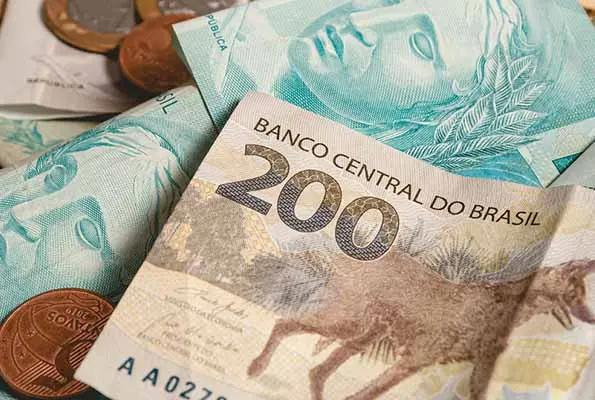According to data released by the central bank, the growth rate of outstanding loans in Brazil decreased significantly from 14.5% to 7.9% in 2023.
With the volume of financing ending the year at 5.8 trillion reais ($1.16 trillion), the credit stock saw a 1% increase in December compared to the previous month.
High borrowing costs caused a slowdown in the amount of loans outstanding in the previous year.
In order to control inflation, policymakers started an easing cycle in August by lowering the benchmark interest rate from its six-year high of 13.75%, which had been steady for nearly a year. The benchmark interest rate in the nation is currently 11.25%, having closed at 11.75% in 2023.
Policymakers stated that the credit market is already receiving the effects of monetary easing in the minutes of their most recent rate decision.
“There are signs of increased credit granting in some lines and reduction in current interest rates on new operations, also helped by an incipient growing appetite of financial institutions to offer credit in some lines,” they wrote, Zawya reported.
Central bank data shows that household credit increased by 10.1% in 2022 compared to 17.7% in 2022, while corporate credit increased by 4.5% in the same period.
The non-earmarked credit default rate, which includes both businesses and individual borrowers, increased by 0.5 percentage points year-over-year to 4.7% in December. In 2023, lending spreads increased by 1.4 percentage points to 30.2 percentage points.
The increase in credit costs transpired in spite of the commencement of monetary easing and government initiatives aimed at deleveraging households by providing discounts and incentives for debt renegotiation through the expansive consumer debt renegotiation programme known as Desenrola.
Meanwhile, according to data from market sources and LSEG, Brazil emerged as the primary importer of Russian seaborne diesel and gasoil last year following the implementation of European Union sanctions that prohibited the import of Russian refined products.



